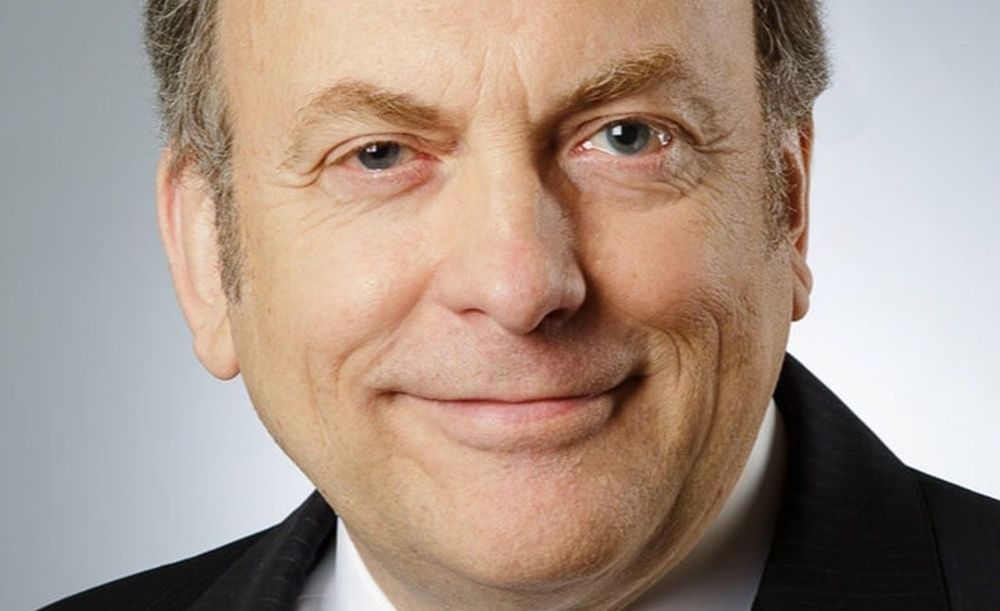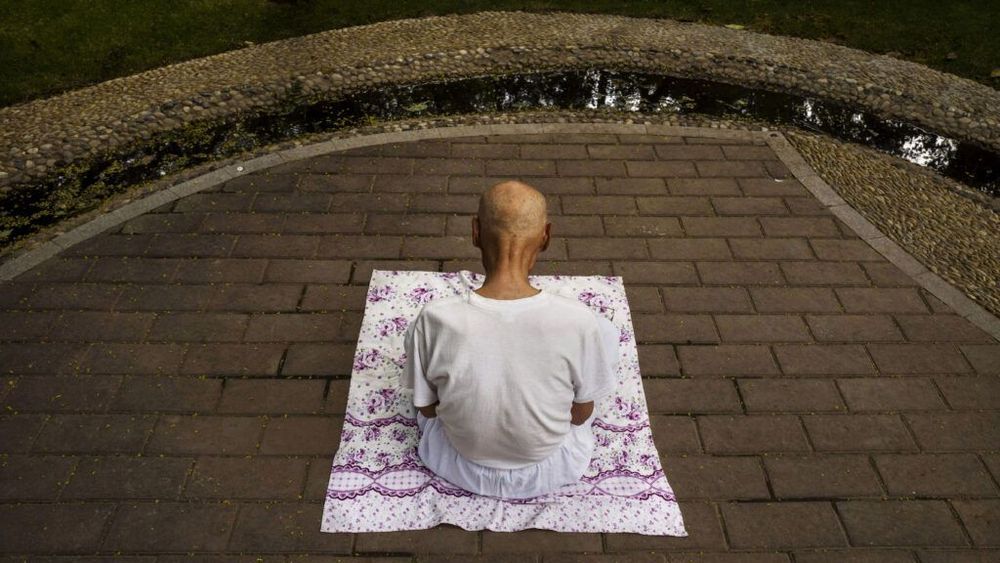An exclusive with AgeX Therapeutics CEO Dr Michael West looks at the puzzle of aging.



Nearly half the U.S. population is projected to have one or more chronic conditions by 2030 and the need to better manage both care delivery and costs has never been greater.
At the same time, Baby Boomers are entering their “Golden Years” and seeking out preventative and lifestyle medicine to ensure that they live longer and with more personal freedom. And they want to do all of this while “aging in place” and not being relegated to the decrepit and outdated nursing homes of their own parents’ generation. After all, we live in a new era of instant song selection, streaming movies, and Amazon home delivery.

A technology designed to preserve synapses across the whole brain of a large mammal is successful
Using a combination of ultrafast glutaraldehyde fixation and very low temperature storage, researchers have demonstrated for the first-time ever a way to preserve a brain’s connectome (the 150 trillion synaptic connections presumed to encode all of a person’s knowledge) for centuries-long storage in a large mammal. This laboratory demonstration clears the way to develop Aldehyde-Stabilized Cryopreservation into a ‘last resort’ medical option, one that would prevent the destruction of the patient’s unique connectome, offering at least some hope for future revival via mind uploading. You can view images and videos demonstrating the quality of the preservation method for yourself at the evaluation page.
Hayley Harrison sent me this video taken-filmed by Andrés Grases and posted it to Youtube… I know for a certainty that Gene therapy will not increase Life span into 125 or beyond years due to the Animal Eukartyotic cell of the earth having a plague that infects all cells into mutation and early cell death.
This year I had the privilege to record in full Liz Parrish talk delivered at RAADfest 2019 (Revolution Against Aging and Death Festival 2019), which took place in Las Vegas, NV from 3 to 6 of October.
During her talk, Liz tells us about recent developments in the field of gene therapy and what her company BioViva is doing to benefit society by harnessing the power of it.
At the end there is also a 10 min long Q&A session, so don’t miss the video, it’s quite enlightening.

Say this about the kinds of molecular mayhem that we know underlie aging: Mechanisms like whether the ends of chromosomes fray (bad) and whether genes’ on-off status breaks down (really bad) at least sound like plausible ways to impair vital organs, from skin to brains and hearts, and produce the whole sorry mess known as aging.
On Wednesday, scientists reported a driver of aging that, in contrast, even the lead researcher diplomatically calls “counterintuitive”: neuronal activity. Aging, of course, affects the brain. But the brain seems to affect aging, too, they found: In creatures from worms to mice to people, high levels of neuronal firing spell a shorter life span. Lower levels — naturally, or due to drugs that dampen neurons’ activity — increase longevity.
The discovery4 was so surprising that it’s taken two years to be published (in Nature) because of how much additional data the outside scientists reviewing the study requested. Geneticist Bruce Yankner of Harvard Medical School, who led the research, understood their skepticism. “If you say you have a cat in your backyard, people believe you,” he said. “If you say you have a zebra, they want more evidence.”
We’re continuing to release talks from Ending Age-Related Diseases 2019, our highly successful two-day conference that featured talks from leading researchers and investors, bringing them together to discuss the future of aging and rejuvenation biotechnology.
Huda Suliman of Icaria Life Sciences discussed her company’s role in the rejuvenation biotechnology ecosystem, including small molecule drug discovery and drug screening along with how her company deals with irreproducibility in the scientific literature. She explained how species differences are an issue, and she explained the differences between aging-focused and traditional medical research.

After almost two years mired in extensive peer review, a landmark new study just published in the prestigious journal Nature is strongly associating excessive neural activity with shorter lifespans. The study suggests a protein known to suppress neural excitation affects a number of longevity pathways, effectively slowing the aging process.
The impressive research started several years ago with a gene expression study of post-mortem human brain tissue from hundreds of subjects. All the subjects were cognitively normal at the time of death. Bruce Yankner, senior author on the new study, says one thing quickly stood out to his team – the longer a person lived, the lower their expression of genes connected to neural excitement.
More specifically, the researchers identified upregulation of a protein called REST in the brains of those longest-lived subjects. REST first came to the attention of the research team back in 2014. The protein’s role in the brain was generally thought to only play a part in prenatal neurodevelopment, regulating the expression of genes in a developing brain.
We’re continuing to release talks from Ending Age-Related Diseases 2019, our highly successful two-day conference that featured talks from leading researchers and investors, bringing them together to discuss the future of aging and rejuvenation biotechnology.
John Lewis of Oisin Biotechnologies discussed senolytics, which are drugs that kill senescent cells. He explained the differences between healthy and senescent cells along with the senescence-associated secretory phenotype (SASP) responsible for systemic inflammation. He went into detail about senolytics and what his company looks for when creating them, including details about suicide genes and biomarkers of senescence. He also discussed issues with bringing these drugs to humans and suggested oncology as a possible method for bringing them to the clinic.